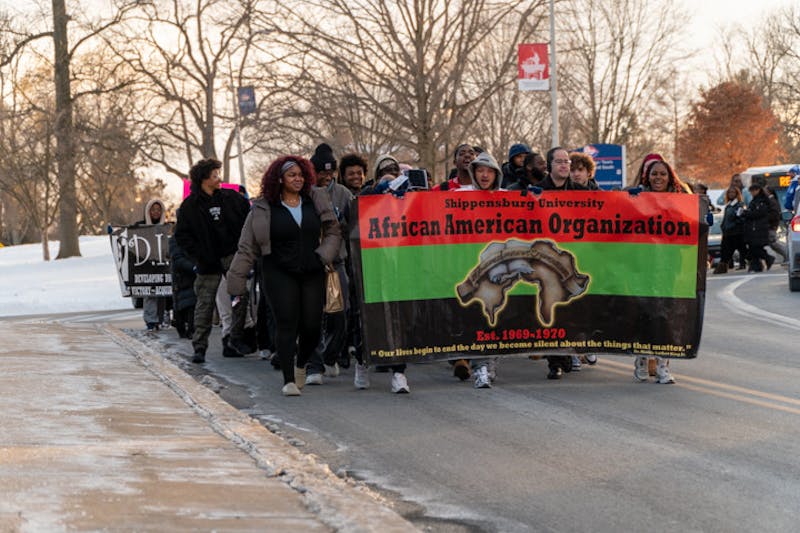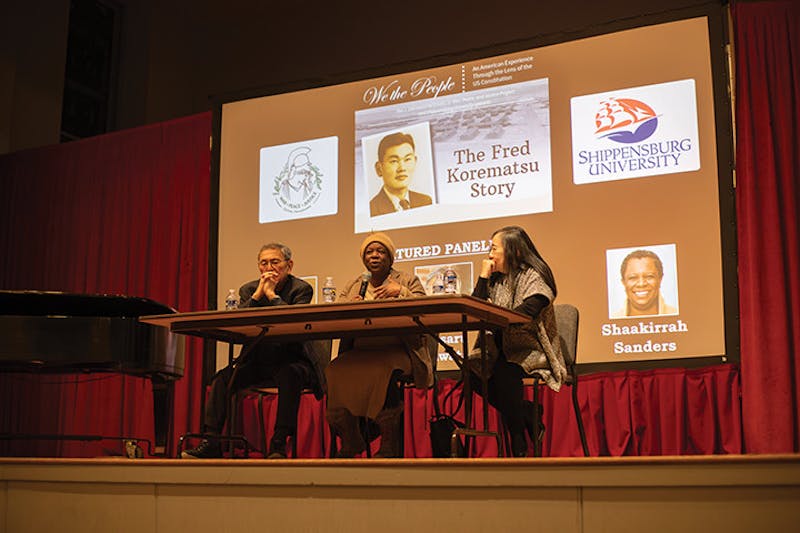According to Nielsen reports the average American spends about 29 hours a month on the computer and about two thirds of Americans use a social networking site. With an election coming up these statistics could be major.
After the outcome of the last presidential election it became clear that social media truly can have an effect on Americans and their political opinions. Social media makes it possible for users to share opinions in the matter of seconds to hundreds of people.
This time around the candidates themselves are realizing in order to reach out to the younger crowds to stir up some political thought they need to get their hands in the latest online trends.
The value behind using social media is simple too. Social media is a much cheaper influential tactic then advertising through other mediums, while the impact could be just as great.
“Obama understands that the backbone of the American Dream is innovation and entrepreneurship”, a tweet posted by Obama’s team on October 19. Within the past 24 hours Obama’s campaign team has tweeted 34 times while Governor Romney’s team has tweeted only 5 times.
During the 2008 presidential campaign, Obama’s team knew the affect this medium would have on voters, and this time around it is even more important. Romney’s team also recently tweeted, “We need to have leadership to bring people together to get the job done. I’ve done it before, and I’ll do it again.” These are both simple examples of how easily the opinion of the opponents can reach people.
The tactic of using social media can strongly influence swing voters who have yet to decide who they want to support. The internet makes it easy for candidates to concentrate on these voters without affecting the loyal supporters they have already ensured.
The younger generation, ages 18 to 35, rely heavily on social media as their daily news source.
It is easy to pass along candidate views and one can add their opinion in as well. It makes it easy for the information to come out skewed to one side and hundreds of people can read and interpret that news source. This makes it important for constant updates and posts to be shared so the opinions are constantly being shaped.
While participating in online political discussion can help shape American voters’ opinions it doesn’t necessarily mean it helps increase political knowledge.
Sure, it is simple to respond to tweets and Facebook posts with your opinion but does that mean the opinion is an educated one. Either way it could still stick in any reader’s mind and subsequently affect their vote in November.
Most political content videos in the 2008 election concerning the candidates were filmed by network camera crews.
However, most of the videos on YouTube that have viewed thousands and even hundreds of thousands, of times were those uploaded by ordinary people. So what remains special about social media is that non-elite users control the distribution.
So is it possible that the outcome of the 2012 election could be affected by social media? One would say it is definitely possible because it has been getting more and more of the younger generation involved.
Once involved they notice how their opinion can matter and want to participate. More voters means more support to one candidate and with how popular social media is in America this can add up to a lot of voters.



The Slate welcomes thoughtful discussion on all of our stories, but please keep comments civil and on-topic. Read our full guidelines here.